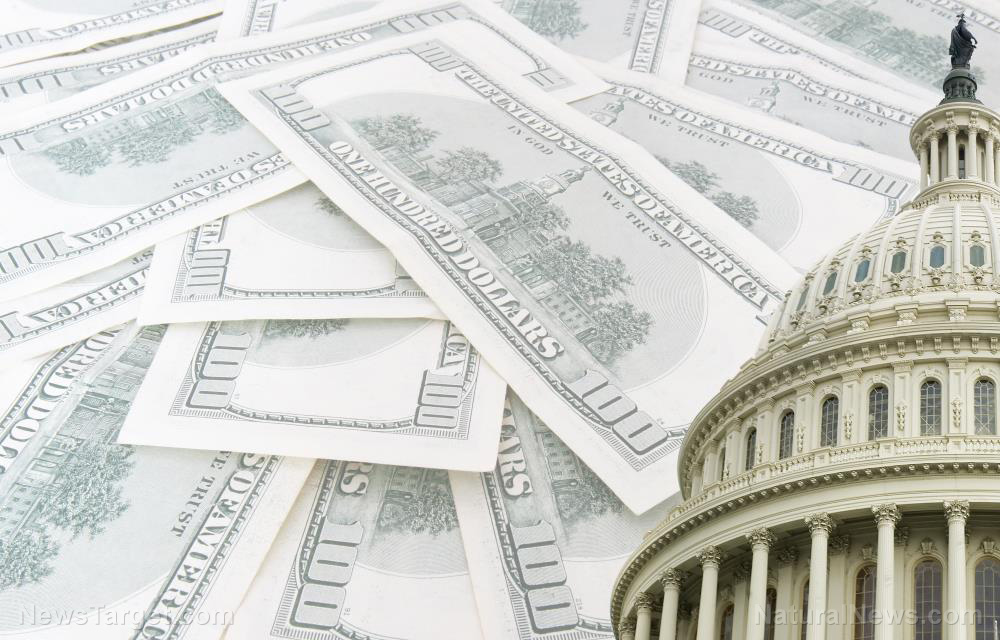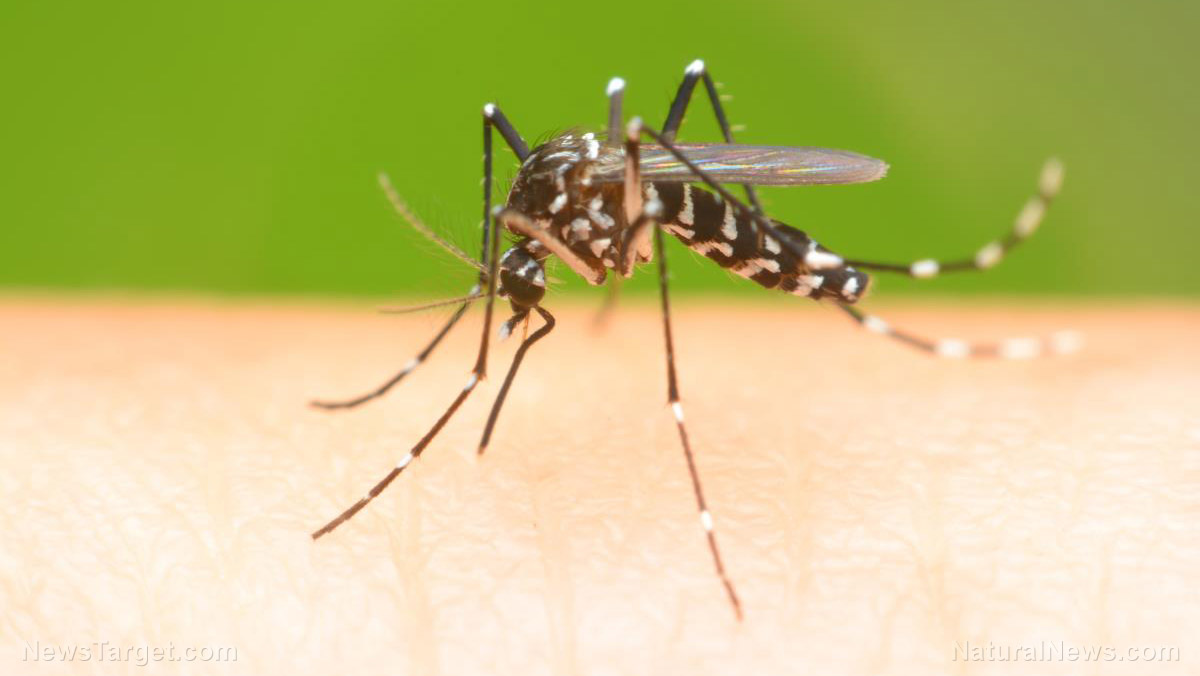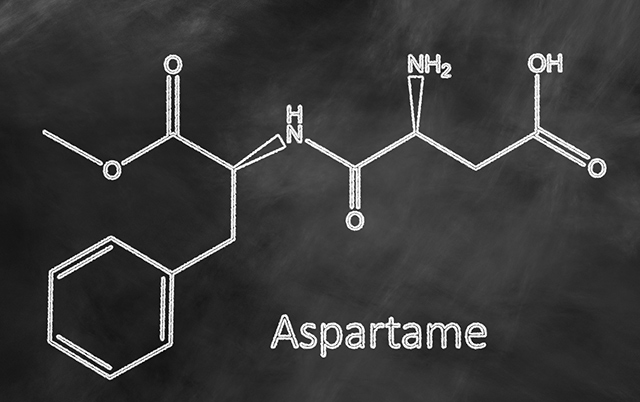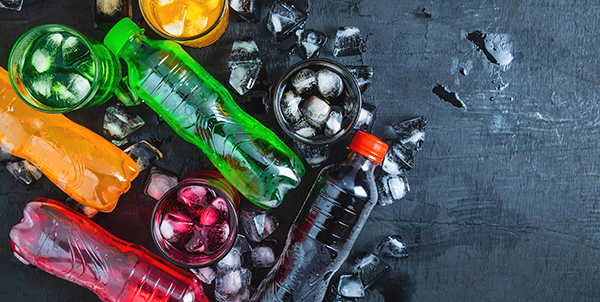
• New research reveals sucralose, a common artificial sweetener, increases brain activity in hunger regions, sparking cravings.
• Obese individuals experience heightened effects, with women showing more pronounced brain changes.
• Unlike sugar, sucralose fails to trigger appetite-suppressing hormones, leaving the body in a state of unmet caloric expectation.
• Experts warn that diet foods may be contributing to obesity rather than preventing it, undermining public health efforts.
For decades, "diet" and "sugar-free" products have been marketed as the guilt-free solution to weight loss, promising sweetness without consequences. But emerging science suggests these artificial alternatives may be backfiring — tricking the brain into relentless hunger and driving obesity rates even higher. A groundbreaking study from the University of Southern California exposes how sucralose, a popular calorie-free sweetener found in soft drinks, ketchup, and countless processed foods, disrupts the brain's hunger signals, leaving consumers ravenous and more likely to overeat.
How artificial sweeteners amplify hunger
In a controlled experiment involving 75 participants, researchers observed startling differences in brain activity after consumption of sucralose versus real sugar. Functional MRI scans revealed heightened activity in the hypothalamus — the brain’s command center for hunger — when subjects drank sucralose-laced beverages. Worse, the sweetener strengthened neural connections between hunger regions and areas governing motivation and decision-making, effectively priming the brain to seek out more food.
"The body expects calories when it detects sweetness," explained Dr. Kathleen Alanna Page, lead author of the study published in Nature Metabolism. "When those calories don’t arrive, the brain doesn’t just move on — it doubles down, driving cravings to compensate for the deficit." Blood tests confirmed the disconnect: sugar triggered the release of appetite-suppressing hormones, while sucralose left these signals eerily silent. The effect was strongest in obese individuals, suggesting that diet products may be exacerbating the very problem they claim to solve.
The obesity paradox: why calorie restriction fails
This research aligns with a growing body of evidence that restrictive diets—especially those reliant on synthetic sweeteners — teach the body to conserve energy and store fat. From an evolutionary standpoint, this makes sense: during periods of famine or scarcity, the human body adapted to slow metabolism and hoard calories as a survival mechanism. Modern diet culture, with its emphasis on artificial substitutes and calorie deprivation, may be triggering these ancient biological defenses, leading to rebound weight gain and metabolic dysfunction.
"Your body isn’t fooled by lab-engineered sweetness," said Dr. Page. "It knows when it’s being shortchanged, and it responds by demanding more." Women in the study showed particularly dramatic brain changes, hinting at gender-specific vulnerabilities to artificial sweeteners. With obesity rates in England now exceeding 60%—and reaching 80% in some regions—the public health implications are dire.
Whole foods vs. synthetic shortcuts: the path to true satiety
The study’s findings underscore a critical truth: the human body thrives on nutrient-dense, whole foods—not chemical imitations. Processed "diet" products, laden with artificial sweeteners, disrupt hormonal balance and perpetuate cycles of craving. In contrast, natural foods like pasture-raised meats, organic vegetables, and healthy fats provide the building blocks for sustained energy, muscle maintenance, and metabolic harmony.
Historical parallels are striking. Just as the low-fat craze of the 1980s and ’90s led to skyrocketing diabetes rates (as people replaced fats with sugar and refined carbs), today’s obsession with "zero-calorie" sweeteners may be fueling the obesity crisis. The lesson? Nature’s wisdom cannot be outsmarted by food-industry gimmicks.
As the USC team prepares to study sucralose’s impact on children — a demographic increasingly targeted by diet-product marketing—one question lingers: If artificial sweeteners are making us hungrier, fatter, and sicker, why are they still plastered with "healthy" labels? Perhaps it’s time to ditch the deception and return to the nourishing foods that sustained humanity long before lab-made substitutes entered the picture.
Sources include:
Please contact us for more information.


















